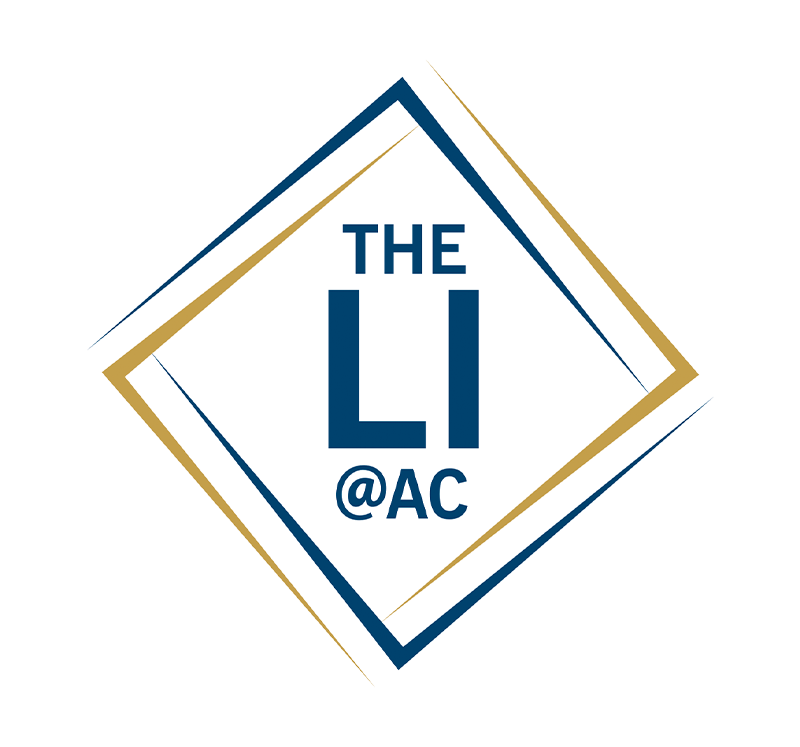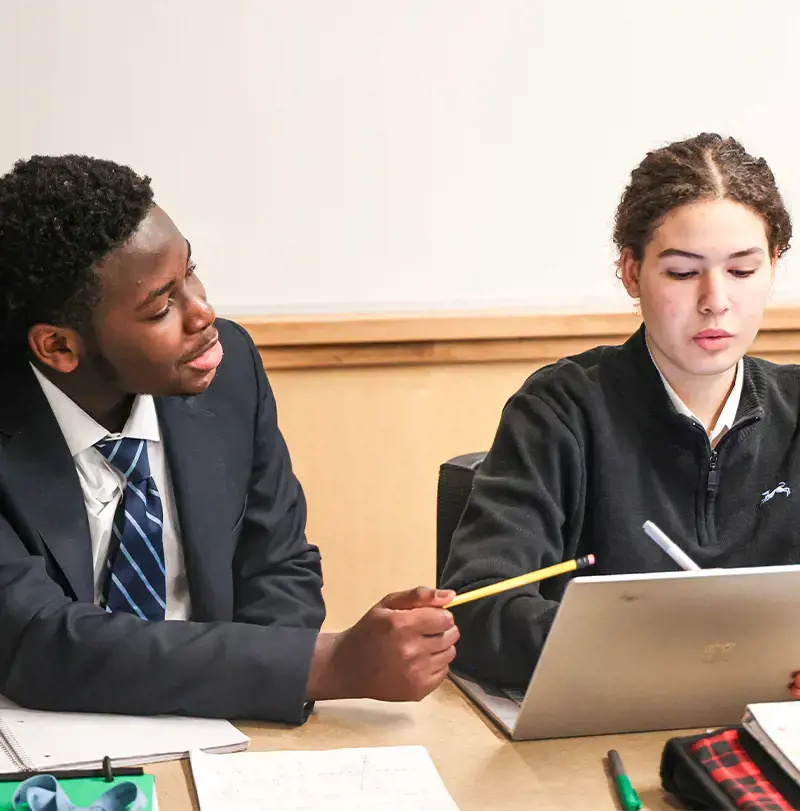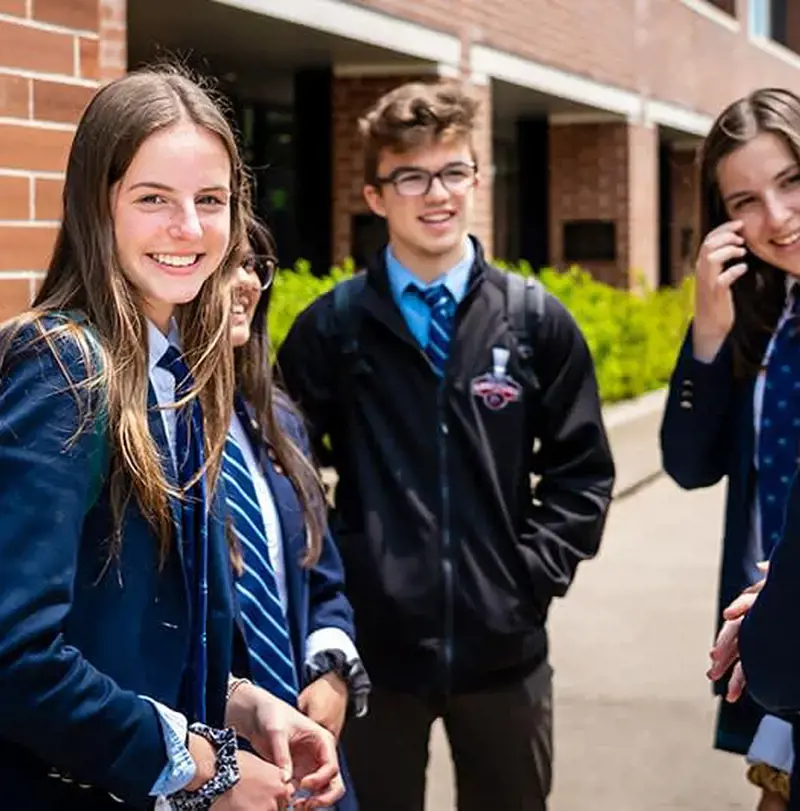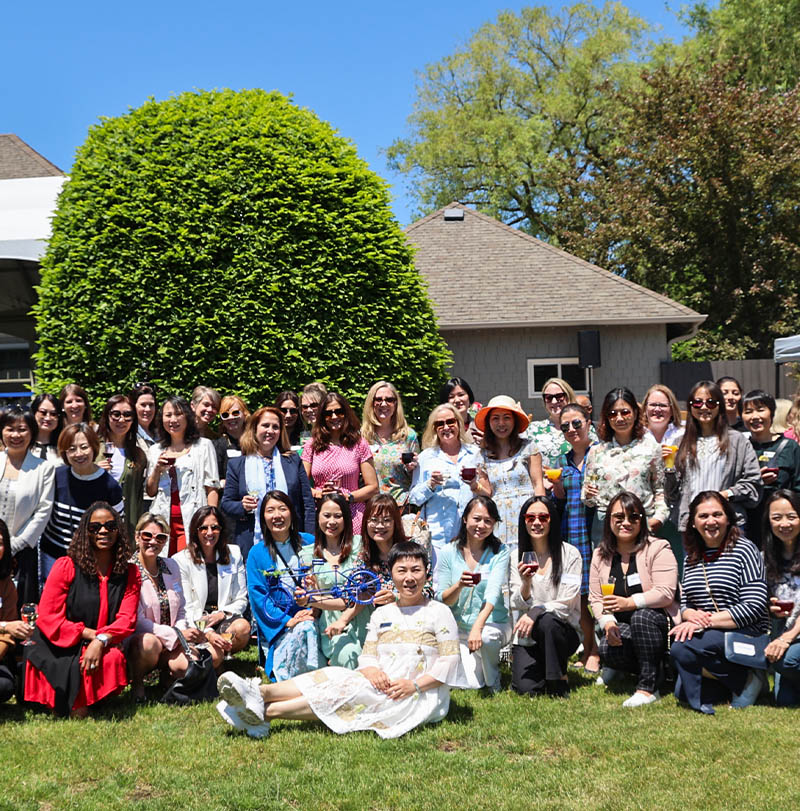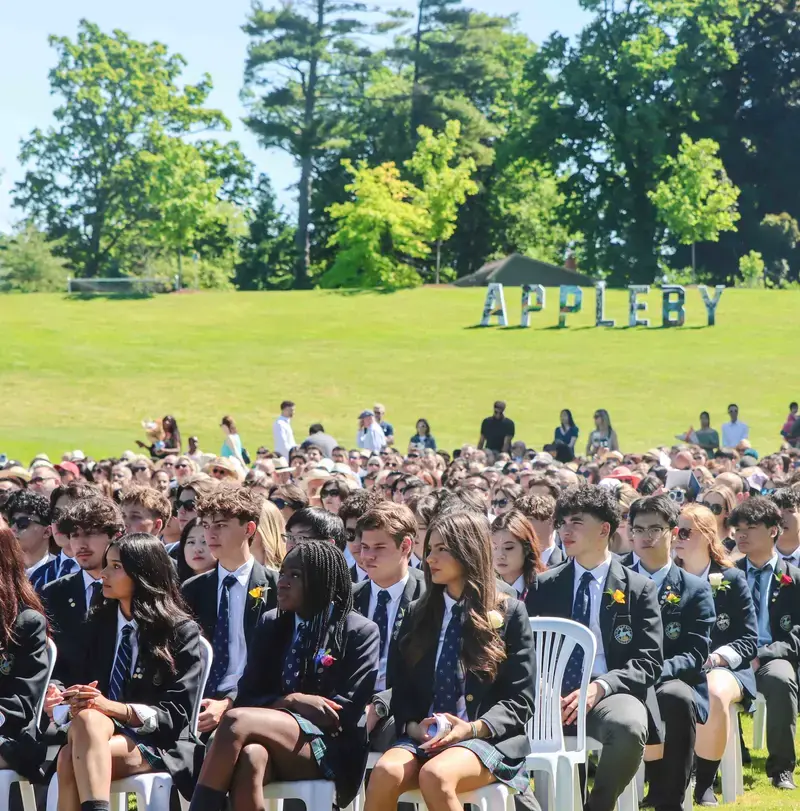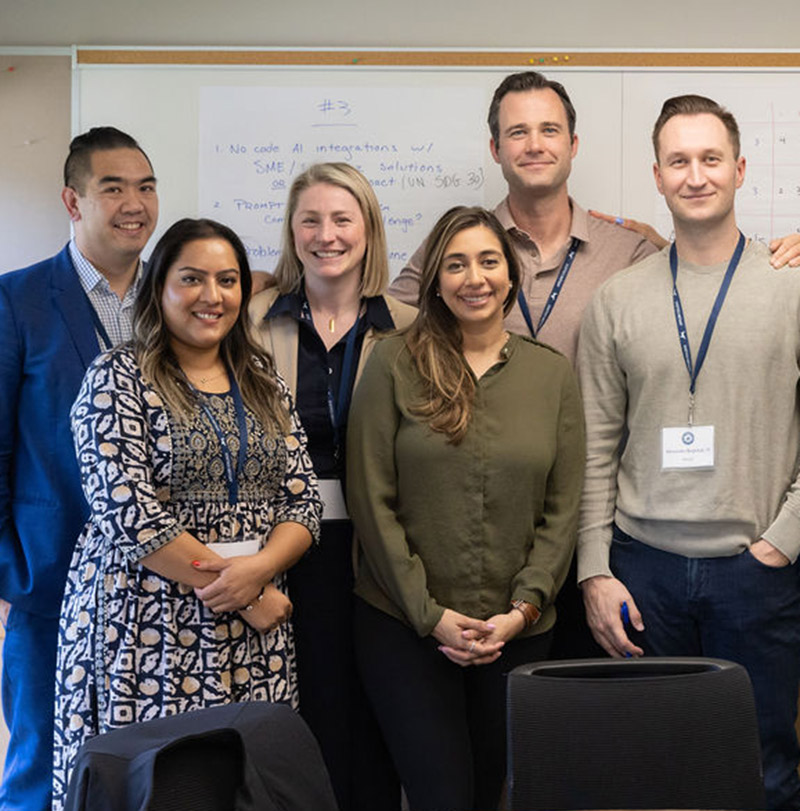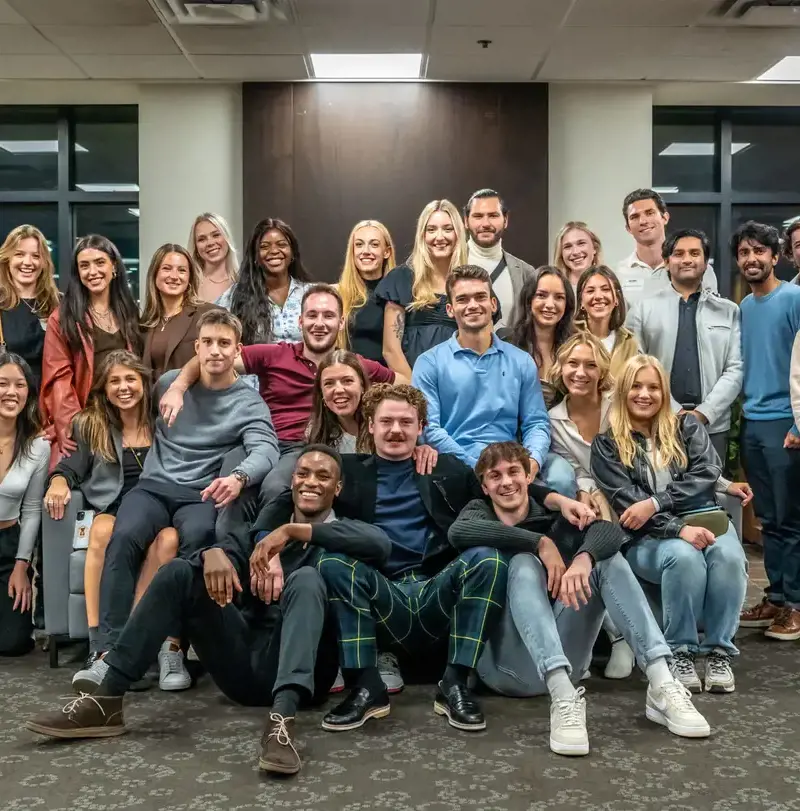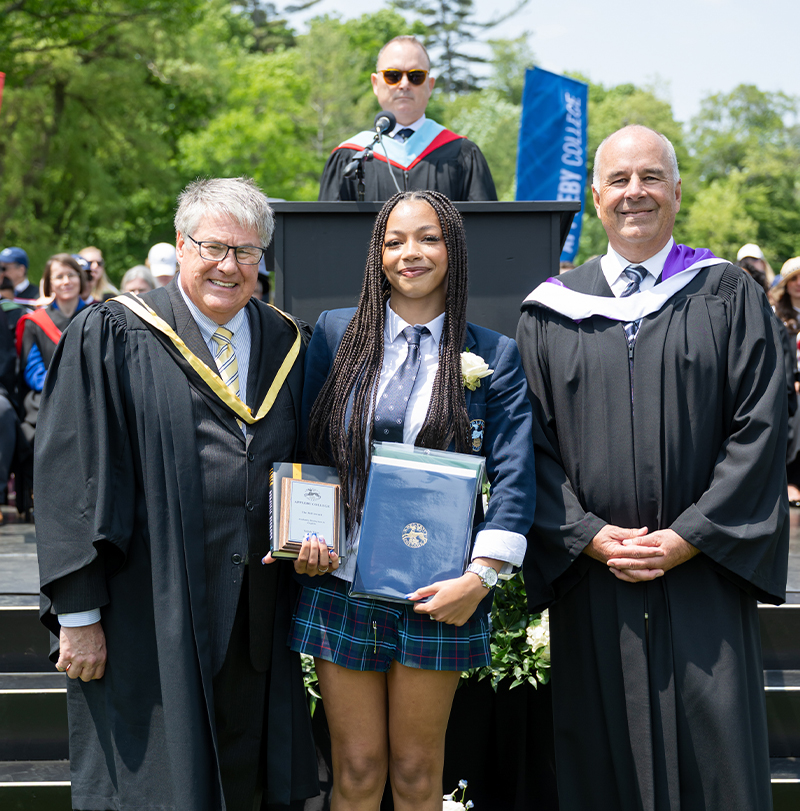Reflections on Instructional Rounds
by Fraser Grant
Many people act surprised, shocked, and even bemused when they learn that I have been working at Appleby for 28 years. I assure them it is not by accident or laziness that I’ve stayed in one place, rather it’s because I am constantly challenged with new opportunities, innovative people, and ideas here. I work at a fantastic school with highly committed educators and extremely engaged students. Every day, I feel lucky to be surrounded by people who care about their roles, care about their environment, and who care about each other. In his book Creative Schools, Sir Ken Robinson presents the case that two of the key elements that determine achievement and effectiveness in schools are: i) quality professional development and ii) a faculty willing to engage in the change. I would argue that we have both here at Appleby in abundance.
The Instructional Rounds process gives educators the opportunity to review teaching and learning in the classroom linked to a specific problem of practice.
Introduced to us in 2012, Instructional Rounds (IR) has developed into one of the foundational internal professional development opportunities for educators at Appleby. Instructional Rounds, as a method, was developed at the Harvard Graduate School of Education and modelled after a version of medical rounds, a customary practice in teaching hospitals. The Instructional Rounds process gives educators the opportunity to review teaching and learning in the classroom linked to a specific problem of practice. The goal is not the evaluation or assessment of teachers, but rather the focus is on whole school improvement through a process of observation, consolidation, discussion and finally a set of recommendations linked to observable data.
To get a sense of Instructional Rounds, I suggest that you imagine St. Elsewhere, but in a school setting -- hopefully some of you get the reference, remember I’ve been here a long time.
At Appleby, the process has been further refined as we have typically used school-based or internal rounds where groups of our own teachers and employees, and this past year a group of students, have investigated a problem of practice and presented ideas for further professional development to the community. Over the past few years, IR teams have investigated critical thinking and reflection, the use of technology, and the use of space – to name a few of our focus areas. In each case, the team has presented the school with a suggested plan for next steps at the end of the IR process. A wonderful by-product of our school-based approach has been the growth of a collective responsibility to advance the mission of our school.
“For no matter what your ability is, effort is what ignites that ability and turns it into accomplishment.” (Carol Dweck)
Appleby attracts professionals who are committed to lifelong learning and who want to make themselves and their school better. Having a growth mindset is part of our DNA as educators and as Carol Dweck wrote in her book Mindset, “for no matter what your ability is, effort is what ignites that ability and turns it into accomplishment.” Instructional Rounds is challenging work. It is tough, it is taxing, it can be frustrating and uncomfortable, but in the end the personal and professional sense of accomplishment through this process is very rewarding and very important for our school.

